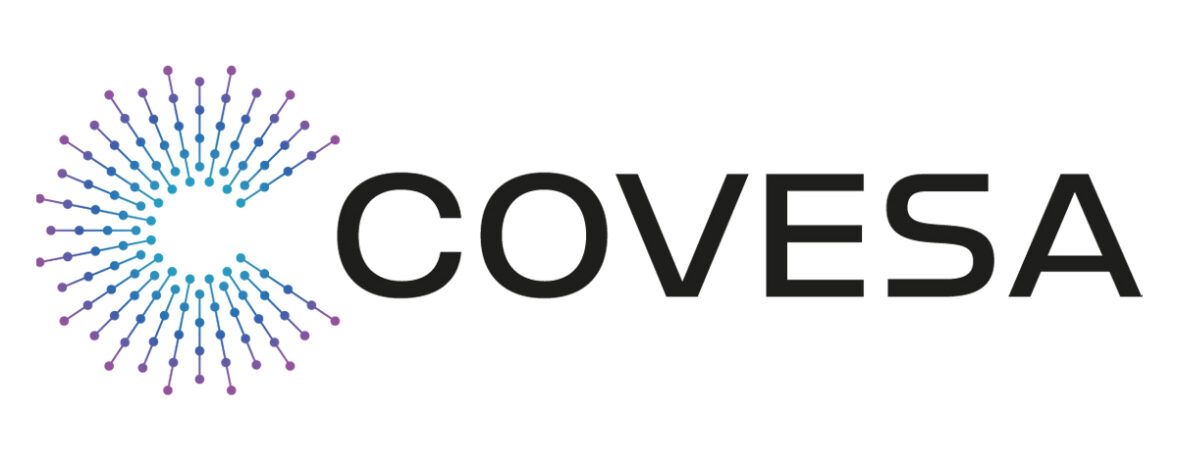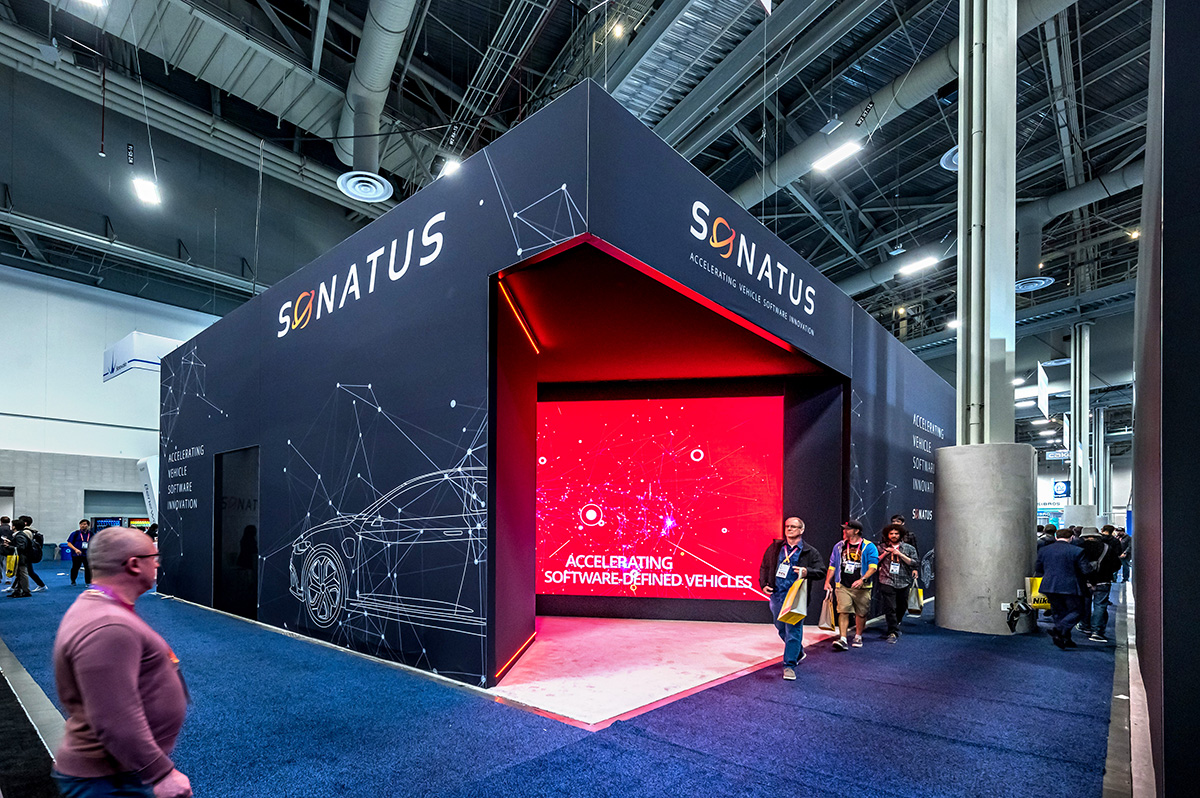Vehicles are undergoing an incredible period of transformation with many different aspects of vehicles changing at the same time. The rapid growth of electrification of vehicles is simplifying the vehicle design and promoting a transition to new E/E architectures. Moving away from the old approach of discrete ECU’s doing individual functions, ECU’s are also consolidating into domains and sharing compute resources, reducing vehicle cost. Driver experiences are expanding, including radical improvements in driver assistance and driving automation, improved entertainment, as well vehicle personalization. Software innovation underpins every aspect of these many areas of evolution and vehicle software is becoming more advanced and complex as vehicles shift towards becoming Software-Defined Vehicles (or SDV).
Vehicles are also becoming more connected, with services and capabilities connected to, and benefiting from, the cloud. This flow of data improves the user experience and enables a wider array of innovations. The Connected Vehicle Systems Alliance (COVESA) is an important industry initiative that is working to bring standards to connected vehicles and promote the rapid development of these technologies. Sonatus is a member of COVESA and has adopted the Vehicle Signal Specification (VSS). To help explain the importance of VSS, it may be useful to give some context about Sonatus.
At Sonatus, we’re accelerating vehicle software innovation by delivering key software building blocks that enable OEMs to shift to software-defined vehicles faster and at lower costs. These building blocks allow OEMs to continually improve and enhance their vehicles at any time, even after they are sold. Sonatus offers a range of products and solutions to speed vehicle manufacturers’ journey towards SDV in areas like data collection, vehicle automation, vehicle networking, cybersecurity and others.
SDV brings many valuable benefits to vehicle OEMs, suppliers, and customers:
- SDV enables issues to be fixed and functionality to be added to the vehicle post-production.
- SDV’s offer improved vehicle safety (including vehicle security), reliability, & maintainability.
- The flexibility that SDV’s bring enables new services that improve ownership experience and can save cost.
But to realize these benefits, OEMs need to enable application development both within the OEM and from the vehicle ecosystem. Most of these applications rely on access to quality, fine-grained data from vehicles and ability to add new features, but today sharing that data has challenges:
- It is impractical to send all vehicle data to the cloud all the time, as the transmission and storage costs would be prohibitive.
- Traditional software updates to vehicles are through cumbersome Over The Air (OTA) updates, which require significant development and testing, not to mention challenges in deploying the large updates across a fleet. This reduces the speed of innovation.
- The naming of the vehicle signals changes from one vehicle model to another and also is different between different brands which makes it difficult for developers to build applications that can span multiple vehicle models and brands.
Two of Sonatus’s solutions aim to address these first two key challenges and enable faster vehicle innovation: Sonatus Collector and Sonatus Automator (previously: Vehicle Data Collection (VDC) and Vehicle Automation Manager (VAM)).
Sonatus Collector enables vehicle manufacturers to create fine-grained, customized collection policies that give them the precise data they need and under specific trigger conditions. Through customized fine-grained data collection, OEMs can achieve an array of valuable use cases like predictive maintenance, diagnostics, product planning, cost optimization, and much more. Sonatus Collector’s solution operates in the vehicle as well as in the cloud.
Sonatus Automator builds on our data collection capabilities but also adds actions. Through Sonatus Automator, OEMs can create new features and experiences at any point in the vehicle’s life or automate the testing of existing functions by simply defining workflows using lightweight, yet flexible policies. Sonatus Automator enables developers to draw upon data from across the car, and take actions in many vehicle systems, all without coding and difficult validation.
But the third challenge of inconsistent signal naming can remain a barrier. Sonatus Collector & Sonatus Automator leverage VSS from COVESA to overcome this: VSS defines a common data model for vehicle signals, sensors, actuators, and attributes. This common framework is critical both in the vehicle and in the cloud. VSS offers multiple benefits to different layers of the value chain:
- Interoperability: VSS ensures that different vehicles, infrastructure and devices can communicate with each other, regardless of the brand or technology. For example, the signal sharing vehicle speed may be different across models or OEMs. In VSS it receives the common name Vehicle.Speed, making it easier to consistently access the correct signal across models and OEMs.
- Reduced operational overhead: With VSS, OEMs and their partners can define & deploy one data collection policy to collect data without worrying about different models and brands.
- Safety: VSS can be used to improve safety by enabling vehicles to share information about their location, speed, etc., in a brand agnostic way allowing other vehicles and infrastructure to respond appropriately.
- Innovation: VSS enables application developers to build innovative brand/model agnostic applications using common standards.
- Reduced Costs: With VSS, since naming is brand and model agnostic, it can result in improved software reuse and thus lower development costs.
For Sonatus, we have had a positive experience with VSS and see the scalability and reuse benefits it provides. We are excited to be one of the leaders in helping bring this technology to market and hope, through our advocacy, we can help demonstrate the benefits of the wider adoption of VSS across the industry.
Sonatus joined the inaugural COVESA Spotlight webinar on February 2, 2023. If you weren’t able to join the presentation, you can still view the recorded webinar here:
Yu Fang, Co-Founder and CTO, Sonatus
Sudhir Dhankhar, Director of Engineering – Cloud, Sonatus

